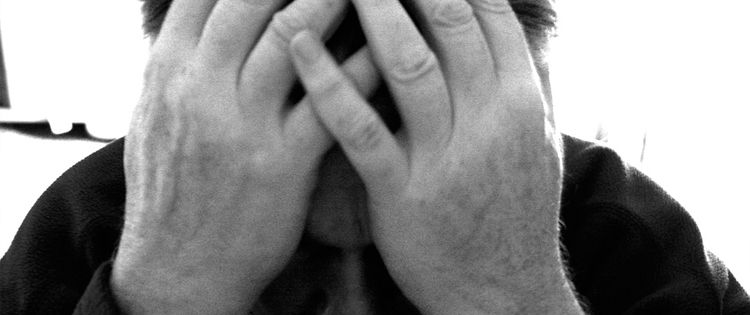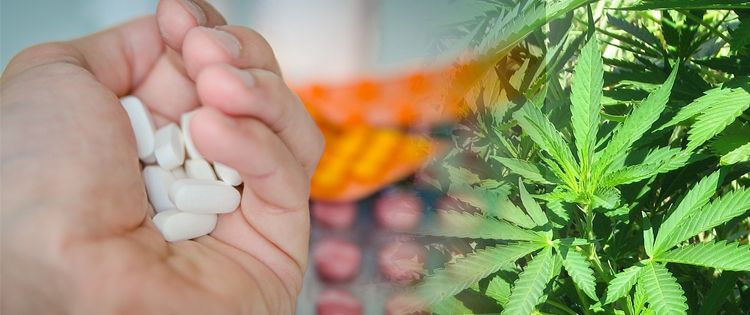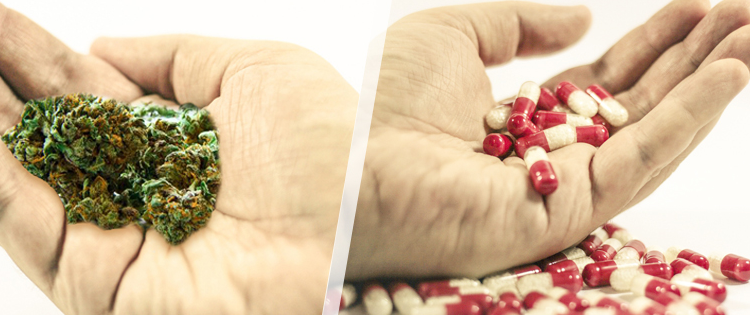One of the most interesting medical facts to come out of legalization is this one. In every state where medical marijuana (at minimum) has been legalized, fatal opioid overdoses have dropped by 25% in the first year after legalization.
They also continue to drop dramatically after that.
The opioid epidemic has become so large that it is now a recognized health problem nationally. Further, there are more and more calls to legalize marijuana just to solve this problem.
According to a recent report, 93% of patients on opioid pain medication would like to use Cannabis as a substitute if it was easer to access.
With an estimated 100 million Americans suffering from chronic pain, and opioids prescriptions doubling in a decade, it seems to be the only “solution” to an epic and growing problem.
However, is this a simplistic answer? The answer is yes. Addiction is a complex problem. It stems from many issues at the heart of something deeper, particularly in the U.S. right now. Poverty and addiction are not intrinsically linked. However, there appears to be a direct link between economic anxiety and addiction. In a country where access to basic health services if not insurance remains difficult, these issues are only compounded in a way not seen (for example) in Europe.

Is Swapping One Addiction for Another Just Self-defeating?
If certain conditions were alleviated – starting with chronic pain – many of the downstream issues associated with addiction could be better addressed in the long term.
Further, if patients now relying on opioids, which are highly dangerous, addictive drugs, to begin with, are switched to something less harmful, while the underlying issues behind the addiction might be better treated, the danger of a fatal overdose is substantially reduced.
While a lot of substances can also be “abused,” and that includes cannabis, the drug appears to work in a way that is fundamentally different than other kinds of medication. For starters, cannabinoids seem to normalize body functions that are out of alignment. This starts with alleviating both pain and depression but does not end there. The drug helps ease spasticity. It also appears to both shrink tumours and be able to lower high blood sugar if not better, regulate overall metabolism. It also appears to block short-term and long-term memory in a way that is therapeutic for patients suffering from trauma or PTSD.

In essence, in other words, there is already evidence that cannabis can treat if not “heal” certain conditions. These are both physical and ostensibly “mental” conditions. Further, abuse is, at heart, a psychological condition with physical overtones. Withdrawal is both a mental and physical challenge to the body as well as to the brain.
If people can treat both their withdrawal symptoms and an underlying illness at the same time, and further do so with a drug they cannot overdose from, the entire treatment, prognosis and outcomes are logically much different if not, in general, more positive.
A Rx for Cannabis is Not the Only Step
Any medication, no matter how effective, is not the only solution for abuse itself, much less abuse of a certain substance. Additional therapy, including treatment for both physical and mental conditions, should be a mandatory second step. Sadly, it is also one that is likely to occur for the vast majority of people who need it.

Greater acceptance for the plight of people in this condition, however, is part of this too. Society has always managed to blame the sick and poor for their ailments. That includes addiction. Greater acceptance of cannabis as a legitimate drug can also move this conversation into a better place – even with families of patients themselves.
Trying to help yourself with something that actually works only to get condemned for it is not the most encouraging environment to deal with what are already overwhelming issues for most people.
Cannabis certainly fits into that category.
Education, Legalization are the Answers
A better understanding of cannabis, of course, is one of the most important steps in conquering many of the complex issues that lie at the heart of addiction if not using cannabis to treat it. In the case of swapping cannabinoids out for opioid treatment, it is likely that legalizing states will begin to move towards this solution as a way to deal with local problems on their own. The reality also is that marijuana taxes in every state where the industry has been legitimized, are beginning to fund both research and programs to directly tackle the problem themselves.
The bottom line? Addiction is a complex issue – no matter to what substance. Swapping out the more harmful addiction for a substance without many of the most direct physical dangers created by other drugs does not only make sense. It may well be the future of most treatment programs.

Infographic source: http://apollocannabis.ca/cannabis-vs-opioids/
Share your views with our community in the comments below.
- Guenter Weiglein – The Persevering Patient - July 7, 2017
- Dr Peace – A German Cannabis Doctor On The Go - July 5, 2017
- The German Marijuana Edibles Market - July 3, 2017


